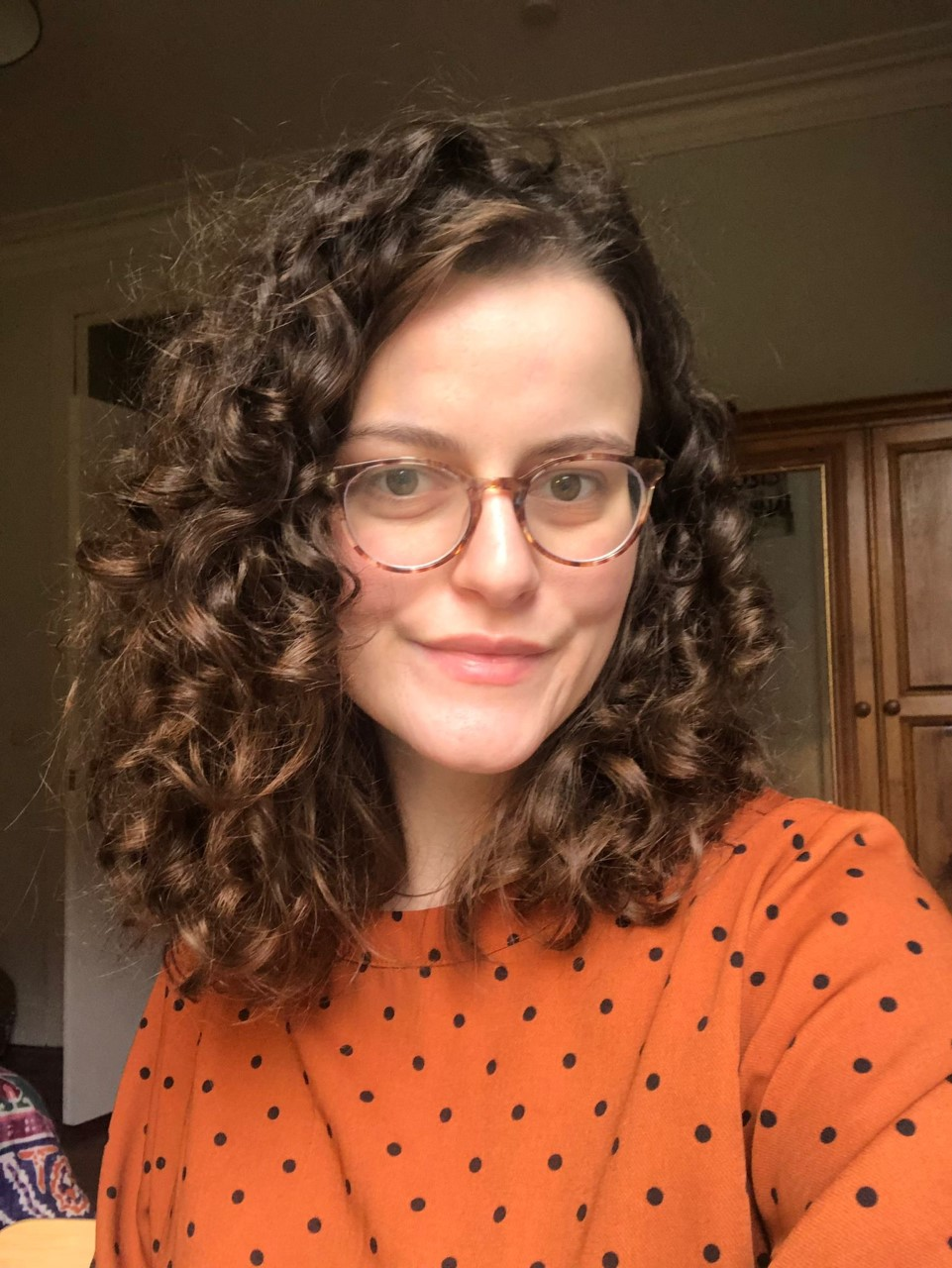Dr Chloë Rogers -What is your vision for LGBTQ+ health care teaching in the medical curriculum?
- alicetbarber
- Jun 13, 2022
- 3 min read
I’m Chloë (she/they), an FY2 doctor with a special interest in LGBTQIA+ inclusive healthcare, something I’ve been working on since being at medical school, teaching workshops and delivering lectures to healthcare students and professionals. My website, 16point6.wordpress.com, delivers resources further afield and has connected me with many amazing people and organisations within LGBTQ+ healthcare. In my downtime, I play a lot of badminton and enjoy gigging in jazz bands when I can. I’m a devoted plant parent and prolific knitter, currently working on a 124 year-old pattern for a cycling jumper.
When I first started my medical science degree at university, I’d only just come out and the world of inclusivity in healthcare was completely new to me. My first experience of enacting change was a focus group run by the med school to try and develop a case based discussion for the main course. This was successful but clearly only the tiniest tip of the iceberg. I learned that this content is needed and wanted by healthcare students and patients, but that there is little central drive to develop robust resources and facilitation to deliver it. The five themes below set out where I think we need to be for a good start to LGBTQ+ medical education - this is only the beginning.
Integrated
My own experience and that of many others I know working on LGBTQ+ inclusive medical education is that it needs to be discussed everywhere. We cannot work on a model that separates LGBTQ+ people into their own healthcare bubble as if we are going to know on their booking form that they need special queer care. LGBTQ+ patients are everywhere, in every speciality and we need to have integrated teaching models that account for their needs without it being clunky or ‘othering’. There are some really beautiful examples of this in pregnancy and reproductive care at the moment, which shows how even in the most traditionally gendered of spaces, change can be successfully integrated into existing systems. Healthcare students (and professionals) should be encouraged to consider the impact of someone’s gender presentation or sexuality on their experience of the healthcare system. How might it affect your clinical assessment? History taking? Diagnostic reasoning? Management plans?
Accountable
Institutions must be held accountable for the teaching they provide and the learning opportunities available to their students. LGBTQ+ inclusive education is essential because LGBTQ+ patients exist (conservative estimates ~1.5million), many of whom experience discrimation at the hands of the healthcare service. If an institution is not providing education about supporting LGBTQ+ patients, then students have a right to know why. Institutions should consider it a duty to develop clinicians that have a broad and representative view of the UK population, which can better inform their bedside manner, clinical reasoning and, subsequently, patient outcomes. Medical school must also be held to account for the behaviour of their students - discrimination, from the blatant to the microaggressions must not be tolerated. Medical schools have a duty of care to other students and to the future patients of their alumni to counter this behaviour and equip students with the skills to actively oppose harassment and champion the patient.
Paid
Many people doing work in this area, particularly students, do so in their own time and without pay. The
resources generated require many hours of work and research and this labour should be adequately
reimbursed. Also, there are people who have worked really hard to make a profession of this work and who
do it very well! The students can then be liberated to do well in their degree and contribute to curriculum
development on a voluntary level.
Informed
It should go without saying that material delivered to healthcare students should be correct, well-researched and robust. Students pay for their education and they deserve high-quality resources as part of that. Sessions on LGBTQ+ inclusive healthcare delivery need to be engaging, interactive and informative.
Intersectional
The relationship between gender and race bias as laid out by Professor Kimberlé Crenshaw has informed an explosion of discussion on what it is to have, to respect, and to support intersectional identities. Healthcare students need to be aware of the possible intersections their patients may reside at. They should be confident in making space for their patients and in advocating for their patients’ best interests when the system may be against them. The unique healthcare needs of LGBTQ+ people of colour, with disability, of low socio-economic background should be something that UK medical professionals are actively thinking about when interacting with and forming management plans for their patients.

References




Comments